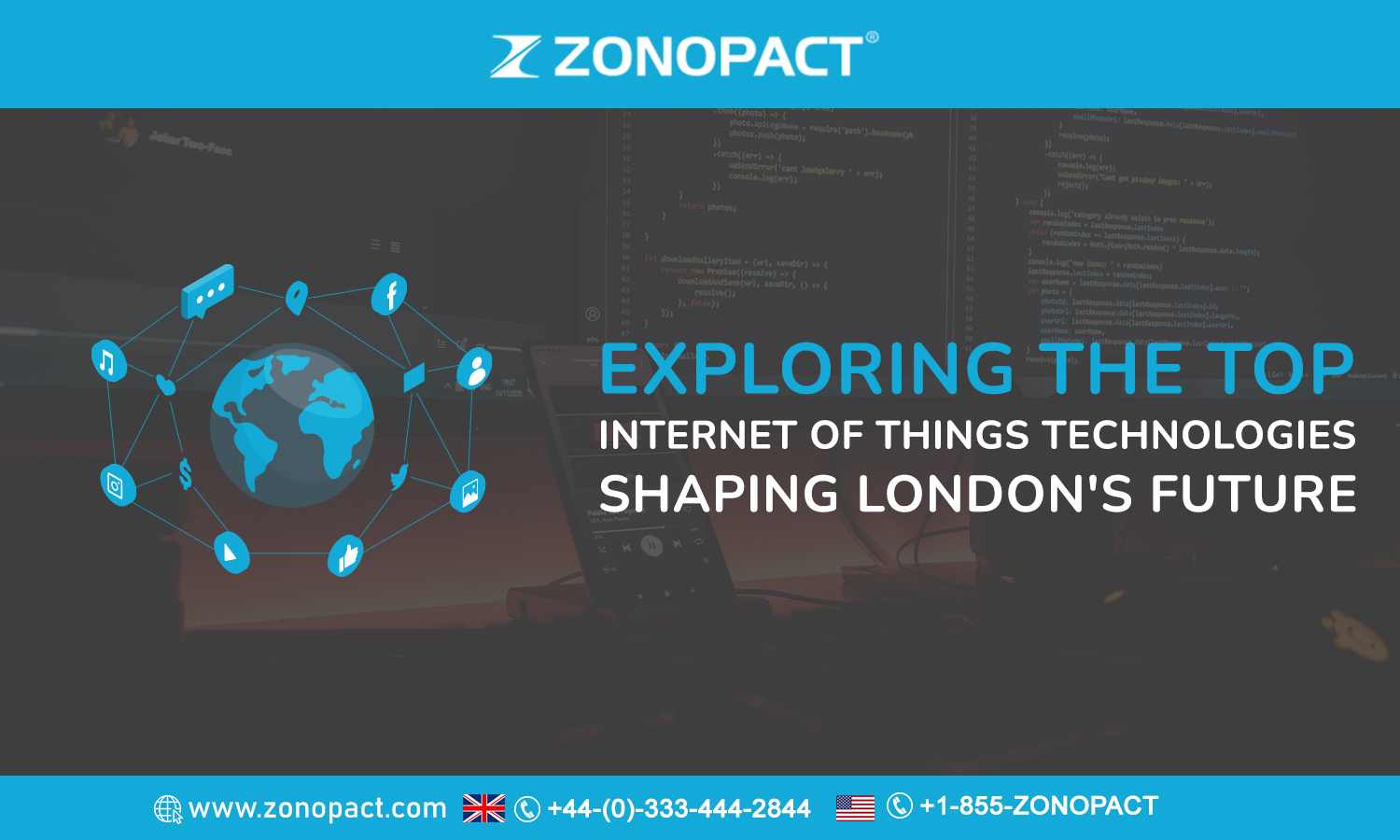
The Internet of Things (IoT) has revolutionized the way we interact with the world around us. With the increasing deployment of smart devices and sensors, we are witnessing a connected world that is more efficient, safer, and more convenient. This trend is especially evident in London, where the IoT is taking root and transforming the city’s future in fascinating ways. From smart homes and offices to connected transportation and infrastructure, the IoT is revolutionizing the way we live and work in this vibrant city. In this article, we’ll explore the top IoT technologies that are shaping London’s future and revolutionizing the way we live and work in this vibrant city. So, buckle up and get ready to discover the exciting world of IoT in London!
How IoT is Shaping London’s Future
The IoT is transforming London’s future in numerous ways. One of the most significant impacts of IoT is the creation of smart homes and offices. Smart homes and offices are equipped with connected devices and sensors that allow for remote monitoring and control of appliances, lighting, heating, and cooling systems. This technology not only makes our lives more comfortable but also saves energy and reduces carbon emissions. Another way IoT is shaping London’s future is through intelligent transportation systems. IoT enables the creation of connected vehicles that can communicate with each other and with the infrastructure around them. This technology has the potential to reduce traffic congestion, improve road safety, and enhance the overall transportation experience. IoT is also transforming London’s infrastructure and utilities. Smart city infrastructure and utilities are equipped with sensors and connected devices that enable real-time monitoring and control. This technology allows for better management of resources and improves the overall efficiency of the city’s infrastructure.Top IoT technologies in London
- Smart homes and offices: Smart homes and offices are equipped with connected devices and sensors that allow for remote monitoring and control of appliances, lighting, heating, and cooling systems. This technology not only makes our lives more comfortable but also saves energy and reduces carbon emissions.
- Intelligent transportation systems: IoT enables the creation of connected vehicles that can communicate with each other and with the infrastructure around them. This technology has the potential to reduce traffic congestion, improve road safety, and enhance the overall transportation experience.
- Smart city infrastructure and utilities: Smart city infrastructure and utilities are equipped with sensors and connected devices that enable real-time monitoring and control. This technology allows for better management of resources and improves the overall efficiency of the city’s infrastructure.
- Wearable technology: Wearable technology such as smartwatches and fitness trackers enable us to monitor our health and fitness in real time. This technology has the potential to revolutionize healthcare and improve the overall well-being of London’s citizens.
- Smart waste management: Smart waste management systems use connected devices and sensors to monitor waste levels and optimize waste collection routes. This technology has the potential to reduce waste and improve the overall cleanliness of the city.